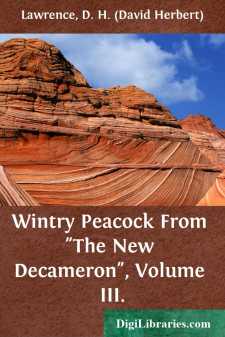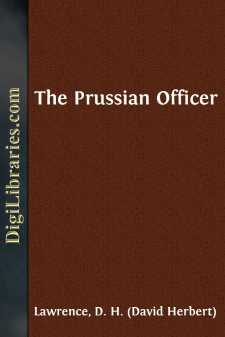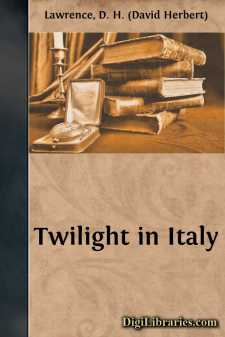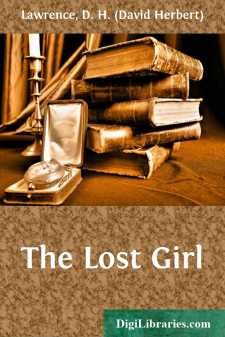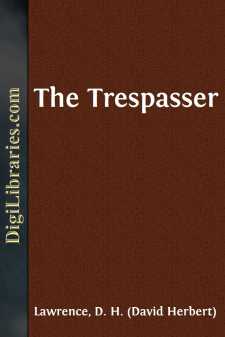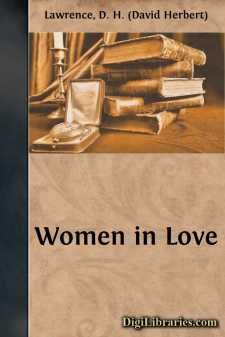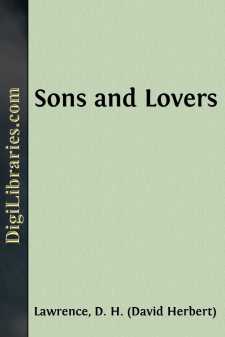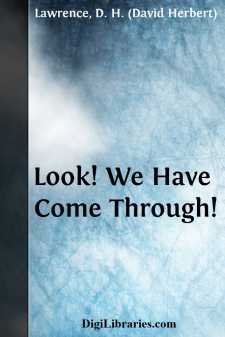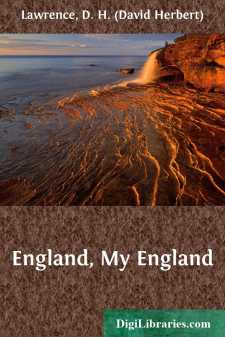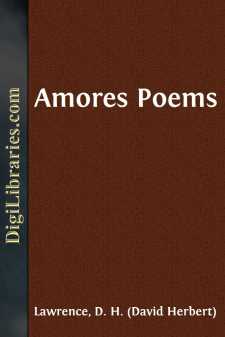Categories
- Antiques & Collectibles 13
- Architecture 36
- Art 48
- Bibles 22
- Biography & Autobiography 815
- Body, Mind & Spirit 144
- Business & Economics 28
- Children's Books 18
- Children's Fiction 14
- Computers 4
- Cooking 94
- Crafts & Hobbies 4
- Drama 346
- Education 58
- Family & Relationships 59
- Fiction 11835
- Games 19
- Gardening 17
- Health & Fitness 34
- History 1378
- House & Home 1
- Humor 147
- Juvenile Fiction 1873
- Juvenile Nonfiction 202
- Language Arts & Disciplines 89
- Law 16
- Literary Collections 686
- Literary Criticism 179
- Mathematics 13
- Medical 41
- Music 40
- Nature 180
- Non-Classifiable 1768
- Performing Arts 7
- Periodicals 1453
- Philosophy 65
- Photography 2
- Poetry 896
- Political Science 203
- Psychology 44
- Reference 154
- Religion 515
- Science 126
- Self-Help 85
- Social Science 83
- Sports & Recreation 34
- Study Aids 3
- Technology & Engineering 60
- Transportation 23
- Travel 463
- True Crime 29
D. H. (David Herbert) Lawrence
David Herbert Lawrence (1885-1930) was an English novelist, poet, essayist, and critic, known for his profound explorations of human emotions, sexuality, and modernity. His most famous works include "Sons and Lovers," "The Rainbow," and "Lady Chatterley's Lover," which challenged the conventions of his time with their candid depictions of intimate relationships and social issues. Despite facing significant censorship and controversy, Lawrence's literary contributions have had a lasting impact on 20th-century literature and thought.
Author's Books:
Sort by:
There was thin, crisp snow on the ground, the sky was blue, the wind very cold, the air clear. Farmers were just turning out the cows for an hour or so in the midday, and the smell of cow-sheds was unendurable as I entered Tible. I noticed the ash-twigs up in the sky were pale and luminous, passing into the blue. And then I saw the peacocks. There they were in the road before me, three of them, and...
more...
They had marched more than thirty kilometres since dawn, along the white, hot road where occasional thickets of trees threw a moment of shade, then out into the glare again. On either hand, the valley, wide and shallow, glittered with heat; dark green patches of rye, pale young corn, fallow and meadow and black pine woods spread in a dull, hot diagram under a glistening sky. But right in front the...
more...
The Crucifix Across the Mountains The imperial road to Italy goes from Munich across the Tyrol, through Innsbruck and Bozen to Verona, over the mountains. Here the great processions passed as the emperors went South, or came home again from rosy Italy to their own Germany. And how much has that old imperial vanity clung to the German soul? Did not the German kings inherit the empire of bygone Rome? It...
more...
CHAPTER I THE DECLINE OF MANCHESTER HOUSE Take a mining townlet like Woodhouse, with a population of ten thousand people, and three generations behind it. This space of three generations argues a certain well-established society. The old "County" has fled from the sight of so much disembowelled coal, to flourish on mineral rights in regions still idyllic. Remains one great and inaccessible...
more...
Chapter 1 'Take off that mute, do!' cried Louisa, snatching her fingers from the piano keys, and turning abruptly to the violinist. Helena looked slowly from her music. 'My dear Louisa,' she replied, 'it would be simply unendurable.' She stood tapping her white skirt with her bow in a kind of a pathetic forbearance. 'But I can't understand it,' cried Louisa,...
more...
CHAPTER I. Ursula and Gudrun Brangwen sat one morning in the window-bay of their father's house in Beldover, working and talking. Ursula was stitching a piece of brightly-coloured embroidery, and Gudrun was drawing upon a board which she held on her knee. They were mostly silent, talking as their thoughts strayed through their minds. 'Ursula,' said Gudrun, 'don't you REALLY...
more...
CHAPTER I THE EARLY MARRIED LIFE OF THE MORELS "THE BOTTOMS" succeeded to "Hell Row". Hell Row was a block of thatched, bulging cottages that stood by the brookside on Greenhill Lane. There lived the colliers who worked in the little gin-pits two fields away. The brook ran under the alder trees, scarcely soiled by these small mines, whose coal was drawn to the surface by donkeys that...
more...
ARGUMENT After much struggling and loss in love and in the world of man, the protagonist throws in his lot with a woman who is already married. Together they go into another country, she perforce leaving her children behind. The conflict of love and hate goes on between the man and the woman, and between these two and the world around them, till it reaches some sort of conclusion, they transcend into...
more...
England, My England He was working on the edge of the common, beyond the small brook that ran in the dip at the bottom of the garden, carrying the garden path in continuation from the plank bridge on to the common. He had cut the rough turf and bracken, leaving the grey, dryish soil bare. But he was worried because he could not get the path straight, there was a pleat between his brows. He had set up...
more...
TEASE I WILL give you all my keys, You shall be my châtelaine,You shall enter as you please, As you please shall go again. When I hear you jingling through All the chambers of my soul,How I sit and laugh at you In your vain housekeeping rôle. Jealous of the smallest cover, Angry at the simplest door;Well, you anxious, inquisitive lover, Are you pleased with what's in store? You...
more...


